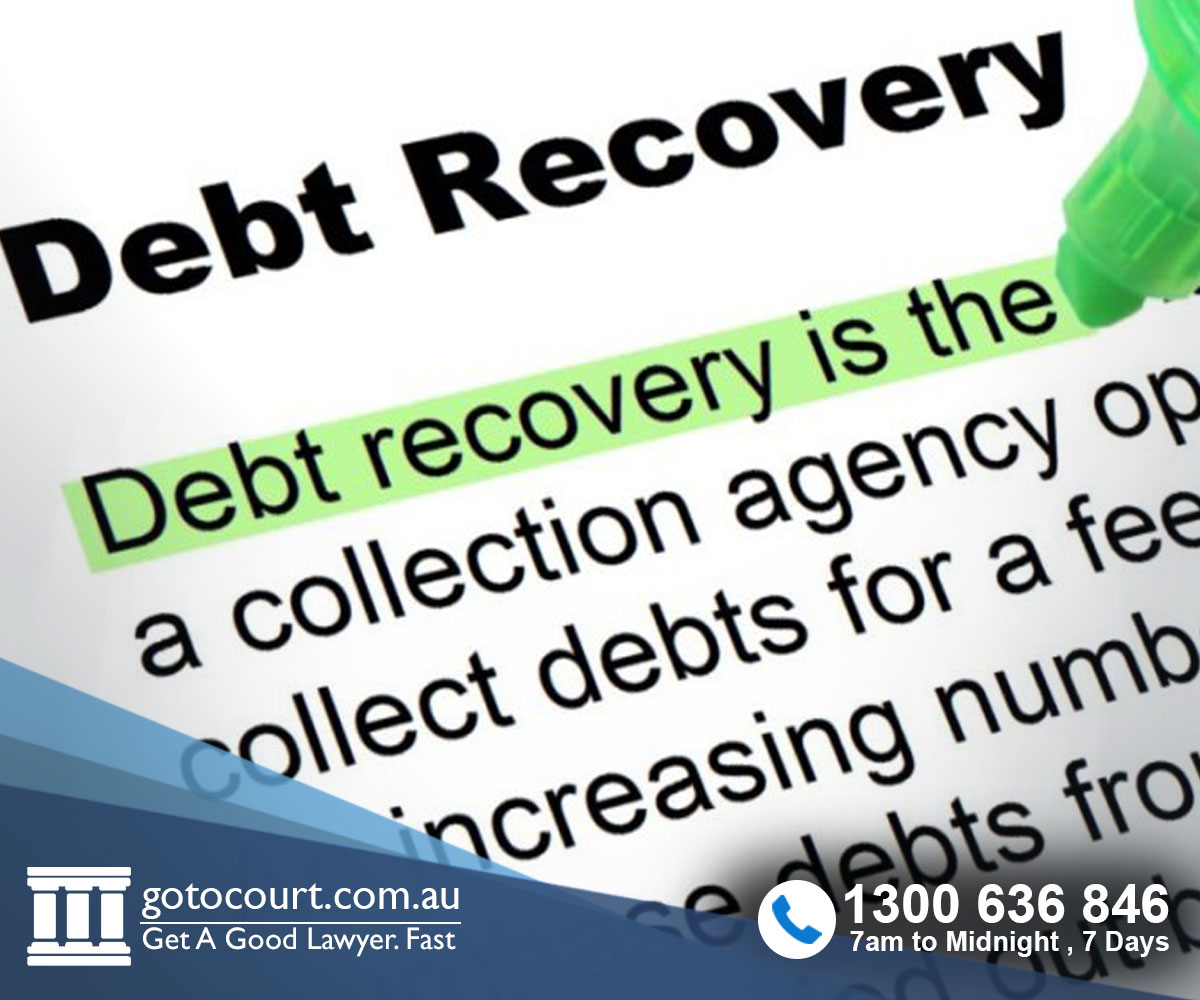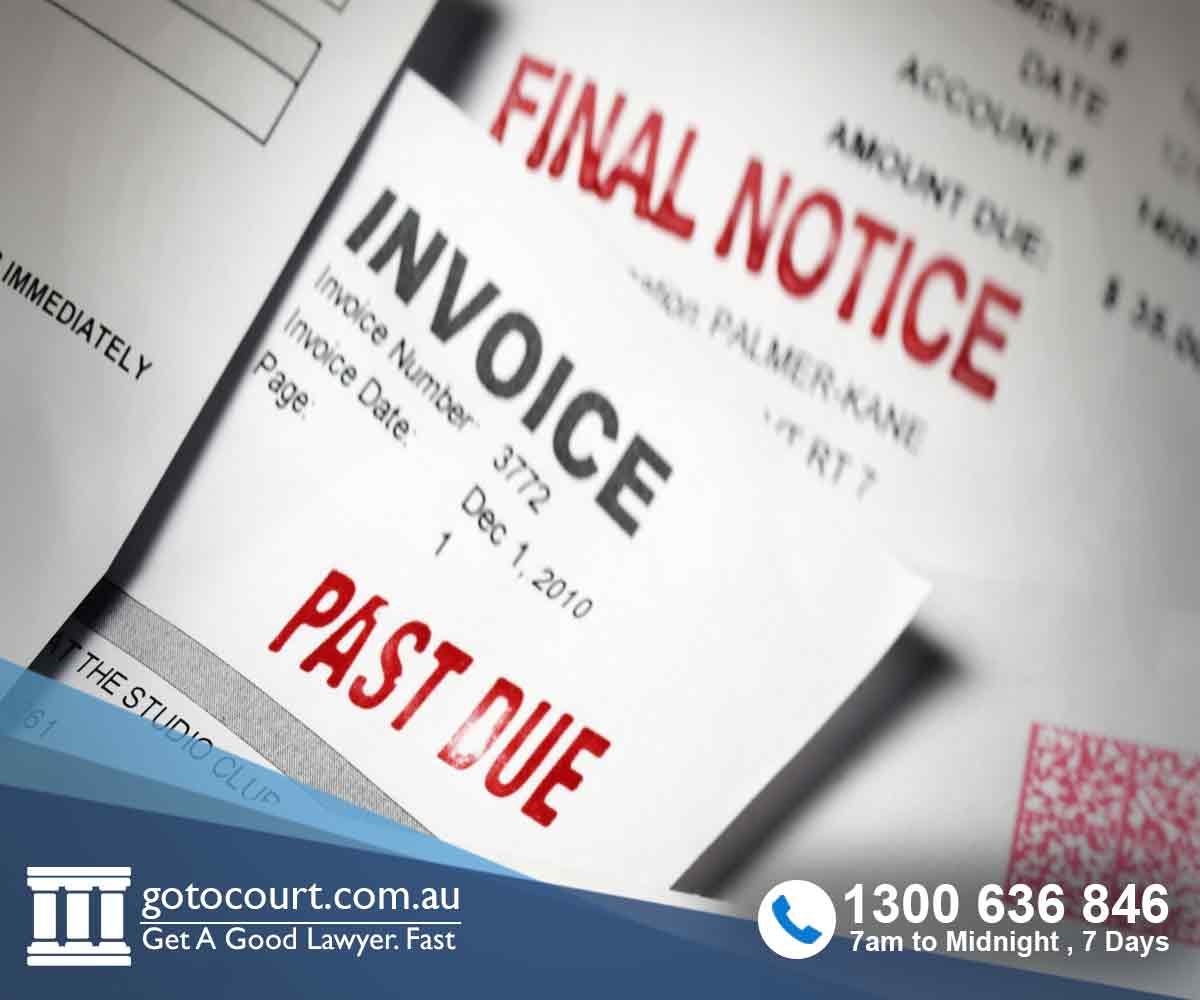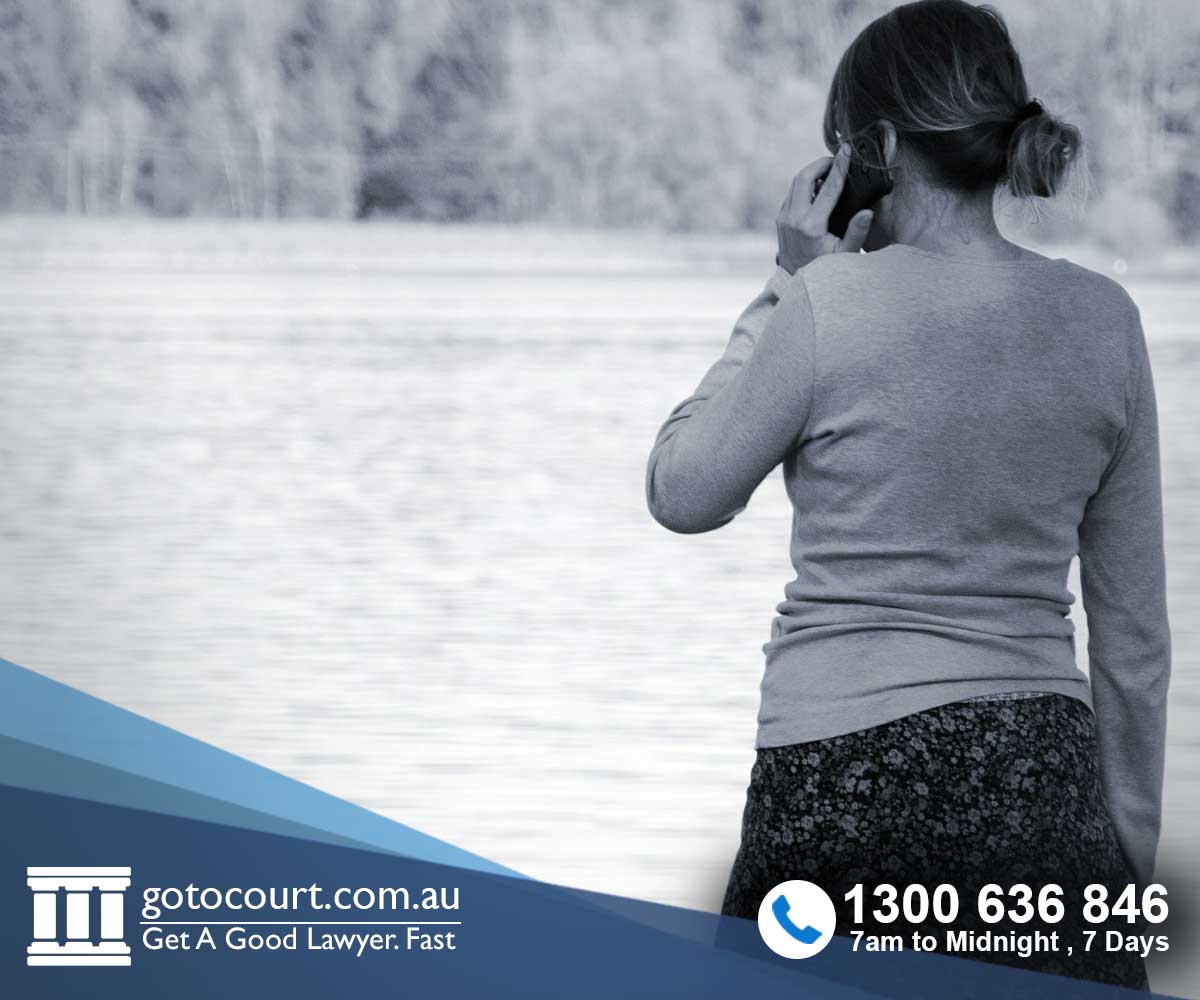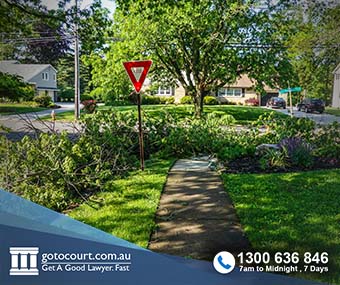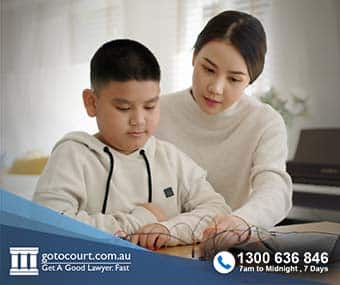Call our lawyers
now
or,
have our lawyers
call you
What is Estoppel?
Updated on Jan 31, 2023 • 6 min read • 846 views • Copy Link
What is Estoppel?
Estoppel is a judicial doctrine that exists in various common law jurisdictions. Its purpose is to achieve equity in contractual matters by preventing (estopping) a person from going back on their word. Estoppel can be argued where one party has relied on a promise or representation made by another party and suffered a detriment as a result.
Elements of a contract
Agreements that give rise to contractual relationships are predicated on the satisfaction of a number of elements. These elements are offer and acceptance, intention to create legal relations, consideration, legal capacity and consent.
Offer and acceptance
A contract comes to life once one party has accepted an offer put forth by another party. Neither of these two elements can unilaterally give rise to a legally enforceable contract. An offer can be withdrawn at any time before acceptance by communicating the withdrawal to the person to whom the offer was originally made.
Intention to create legal relations
Every contract is an agreement, but not every agreement is a contract. An agreement between two people does not automatically give rise to contractual obligations. The intention to be legally bound by the terms of the agreement is a necessary element. This intention is rarely communicated, and even less commonly documented. The question to be asked is “would a reasonable person in the position of the parties have intended for this agreement to be contractual?”
Relevant considerations include the nature of the agreement and the relationship between the parties.
Consideration
Consideration is the price paid by one party to a contract to the other in exchange for a good, service or anything else. Contracts are a two-way street. A promise to give someone a gift will not give rise to a contractual relationship. Consideration can exist in the form of money, a guarantee to carry out an act or omission, a right or a service. The general rule is that consideration need only be something of value.
Legal capacity
All parties to a contract must have the legal capacity to enter a contractual agreement. Minors, people suffering from certain mental impairments and intoxicated persons are a few examples of people for whom capacity may be an issue. Contracts entered into with persons of limited or no legal capacity are voidable.
Consent
For a contract to be valid, the parties to the contract must have been exercising free will and proper understanding of their contractual rights and obligations at the time the contract commenced. Misrepresentations, misleading or deceptive conduct and duress are all factors that may result in a contract being rescinded.
When does a contract fail?
Generally, the satisfaction of the above elements will give rise to a just contractual relationship between the parties. However, there are exceptions to this rule. Certain technicalities may result in a contract falling apart, which may, in turn, result in one party to the agreement gaining an unfair advantage over another party. This can lead to a claim in estoppel.
Waltons Stores Ltd v Maher
In the Australian authority of Waltons Stores Ltd v Maher [1988], a builder (Maher) agreed to demolish a building and erect a new one on a piece of land. Maher agreed to do this on the understanding that the new building would be leased to Waltons Stores (Waltons).
As time was of the essence, Maher commenced work on the project before the lease was signed. Maher relied upon representations made by Waltons that the work had commenced. After Maher had torn down the old building and commenced work on the new one, Walton backed out of the agreement.
Even though no contract was in place, the High Court of Australia held that Waltons’ unconscionable dealings resulted in Maher suffering a detriment. Waltons was estopped from denying the contract. The decision in Walton Stores Ltd v Maher set the precedent that, if proven, estoppel gives rise to equity in favour of a plaintiff.
How to establish estoppel?
The following elements must be satisfied to give rise to estoppel.
- Existence of a legal relationship or anticipation of such a relationship between the parties
A contract is the most common type of legal relationship, however, pre-contractual negotiations can also satisfy this element
- A promise or representation made by one party to the other
A representation must be unambiguous. However, it need not be spoken words. A representation made by one party can be in the form of conduct by the party, and in some circumstances, a party’s silence.
- Reliance on the promise or representation
A party bringing a claim will need to have relied on the representation and acted accordingly in a justifiable manner.
- Detriment
A party bringing a claim will need to prove that they have been placed in a worse position as a result of their reliance on the misrepresentation. Usually, the detriment suffered by a party is an economic one.
- Unconscionability
It is not enough to prove that someone has broken a promise. It is necessary to show that, in the circumstances, it would be inequitable to allow the promise to be broken.
The courts have discretion in deciding the appropriate remedies for someone who has suffered a loss. The most common remedy utilised by the courts is monetary compensation. In some circumstances, however, the court may make an order forcing the party against whom a claim is brought to honour their promise. Usually, the court will only resort to this if it is the only way to remedy the situation.
Go To Court Lawyers is a network of experienced solicitors and barristers that provide legal services to clients across Australia. If you are facing an issue involving estoppel, you may benefit from the assistance of a legal professional who can help you understand your rights and obligations, and represent you in court if necessary.
The lawyers at Go To Court can provide you with tailored legal advice that considers your specific circumstances, and help you navigate the complex legal issues surrounding estoppel. They can also assist you with drafting and reviewing contracts, negotiating settlements, and representing you in court or other legal forums.
If you need legal help with an estoppel issue, don’t hesitate to contact Go To Court Lawyers by calling 1300 636 846 7 am-Midnight 7 days a week.

Affordable Lawyers
Our Go To Court Lawyers will assist you in all areas of law. We specialise in providing legal advice urgently – at the time when you need it most. If you need a lawyer right now, today, we can help you – no matter where you are in Australia.How It Works







1. You speak directly to a lawyer
When you call the Go To Court Legal Hotline, you will be connected directly to a lawyer, every time.


2. Get your legal situation assessed
We determine the best way forward in your legal matter, free of charge. If you want to go ahead and book a face-to-face appointment, we will connect you with a specialist in your local area.


3. We arrange everything as needed
If you want to go ahead and book a fact-to-face appointment, we will connect you with a specialist in your local area no matter where you are and even at very short notice.















